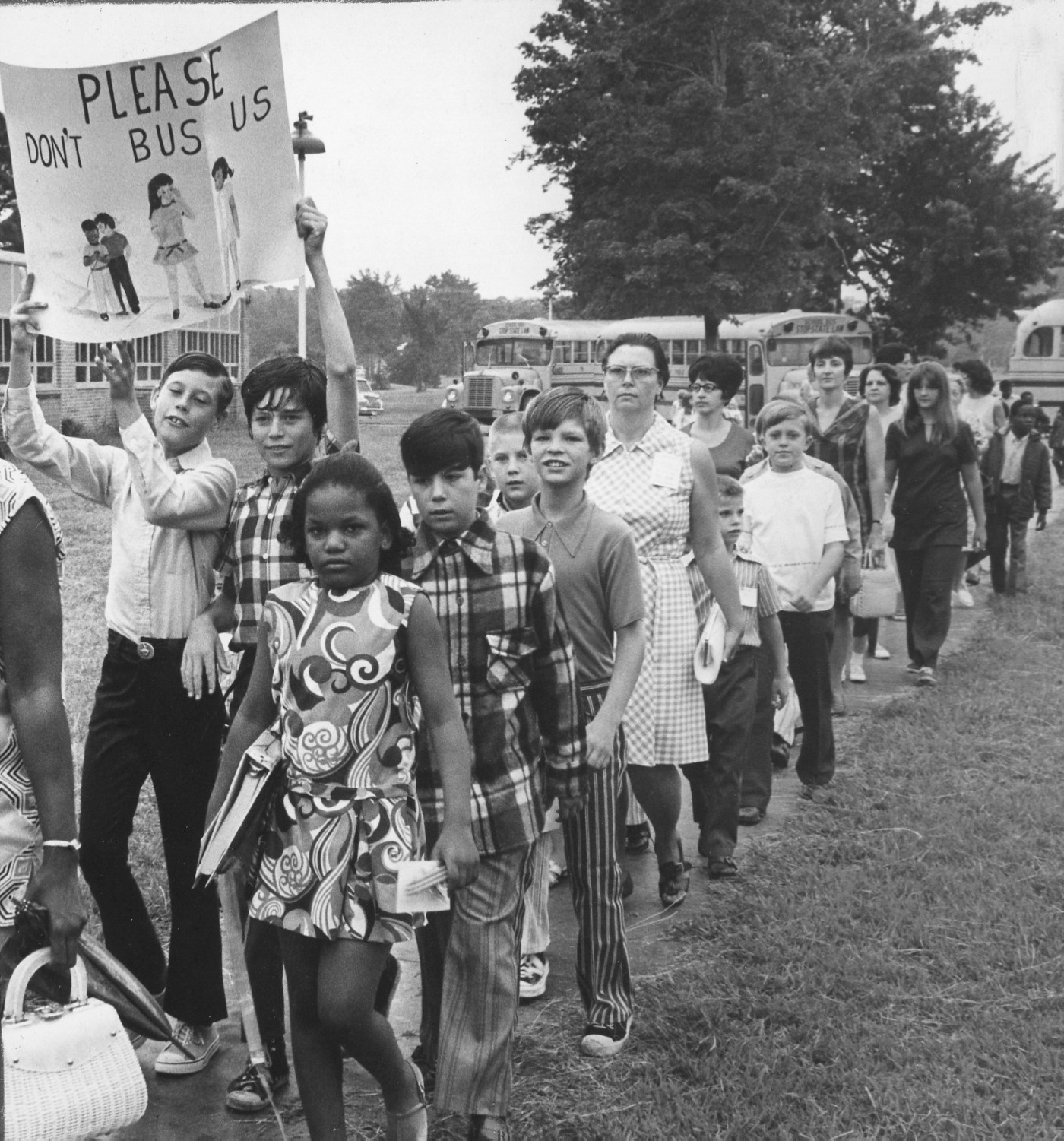The city of Hampton, Virginia, is set to recognize the contributions of 26 educators who played a crucial role in the desegregation of its public schools during the mid-1960s. Despite the significant challenges posed by the prevailing segregationist attitudes of the time, these teachers emerged as pioneers, working to ensure that students of all backgrounds could receive an equitable education.
The landmark Supreme Court case of Brown vs. Board of Education in 1954 marked a pivotal moment in American history by declaring racial segregation in public schools unconstitutional. However, many southern states resisted this ruling, delaying meaningful changes for over a decade. It was not until the mid-1960s that desegregation efforts began to take hold in earnest, with legal support only solidifying in the early 1970s.
Hampton distinguished itself by choosing to keep its public schools open during this turbulent period. Led by Hunter B. Andrews, the chairman of the school board, the city implemented a unique strategy. Rather than mandating immediate integration, Hampton sought to recruit volunteer teachers—both Black and white—to lead the desegregation efforts. Unfortunately, the response was limited, with only 26 teachers of color stepping forward to brave the uncertain environment.
These educators, organized to tackle the unique challenges posed by the changing social landscape, were assigned to 13 schools, with two teachers at each location. Their contributions have remained largely unrecognized, as efforts to identify and honor these 26 pioneers have proven fruitless.
Nancy Williams, a local advocate, has called for recognition of these teachers, emphasizing the importance of their roles in making Hampton’s desegregation plan successful. She noted that their courage and dedication helped pave the way for future generations of students, teachers, and families in the community.
In a separate but related discussion, the actions of local congressional representative Jen Kiggans have come under scrutiny. Recently, Kiggans voted to withdraw funding from WHRO Public Broadcasting, a service that has been recognized for its contributions to the Tidewater community. This funding was initially approved by Congress earlier this year, leading to questions about Kiggans’ motivations and commitment to local issues.
WHRO is well-known for its advocacy and educational programming, including the award-winning documentary “Against The Current,” which addresses the pressing issue of sea level rise impacting the Eastern Shore. Critics argue that Kiggans’ decision undermines the quality of life for residents in the region and reflects a broader trend of neglecting community needs.
As these discussions unfold, residents of Hampton and the surrounding areas express the need for transparency and dialogue regarding the decisions that affect their daily lives. Calls for a town hall meeting to discuss these issues are growing louder, as constituents seek a platform to voice their concerns and engage with their representative.
The recognition of the 26 teachers in Hampton and the ongoing discourse surrounding local governance highlight the community’s commitment to addressing historical injustices and contemporary challenges alike. The city’s ability to reflect on its past while advocating for its future remains a vital part of its identity.




































































